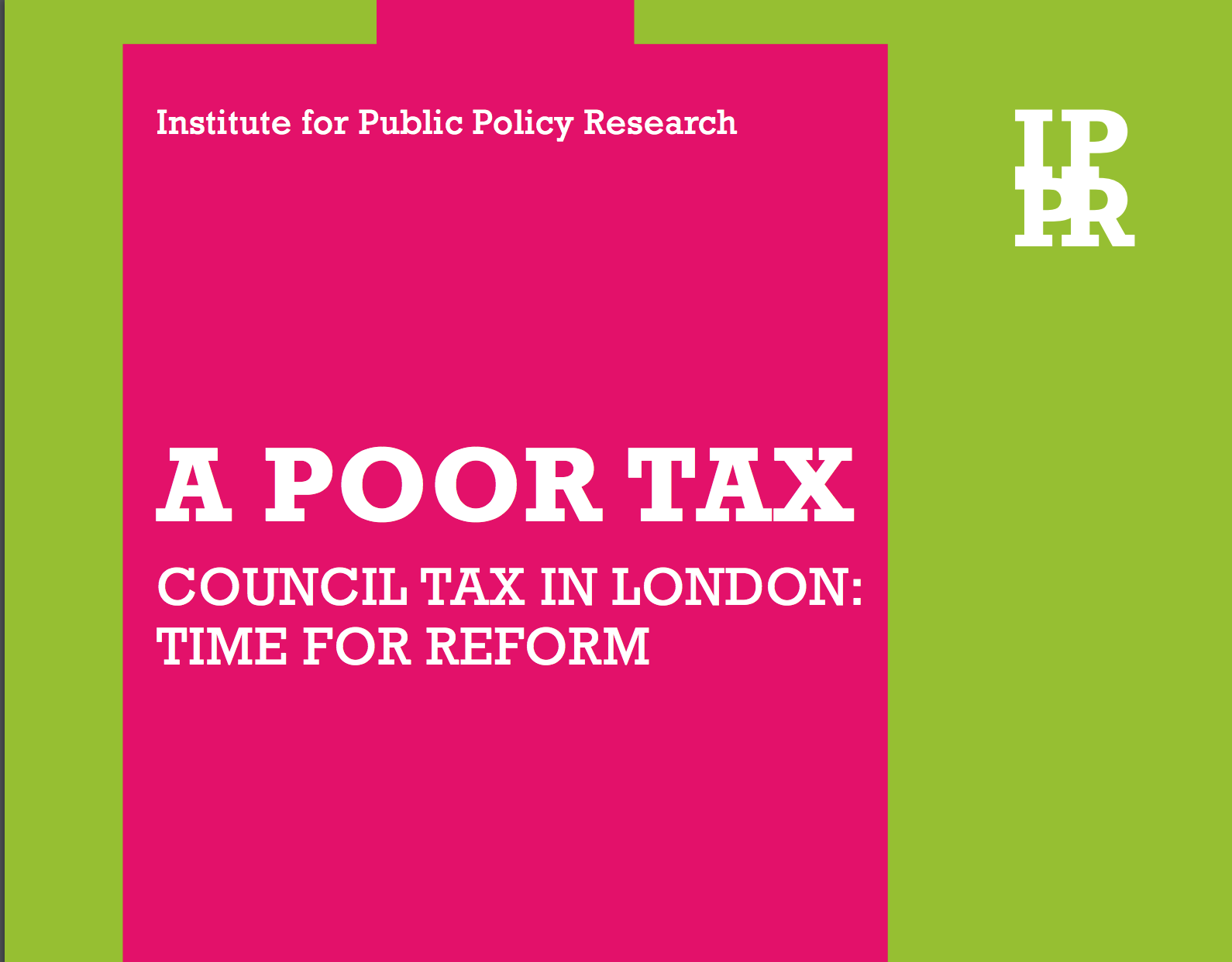Christine Whitehead and Tony Crook have co-authored an article, entitled Capturing development value, principles and practice: why is it so difficult?, for Town Planning Review. The article discusses ‘unhypothecated national taxation and negotiated local contributions for infrastructure (CIL) and affordable housing (S106). The paper also considers the case for modification of the current system or whether more fundamental reform is needed. Below we share the abstract and a brief snippet of the conclusions.
Land prices have risen significantly in England over the last two decades, generating debate about how far ‘unearned increments’, particularly those arising with planning permission, can and should be taxed for the public good. In principle, taxing such increases should be easy, although experience suggests otherwise. Taxing them, like any other tax, should be judged by how much is raised together with three welfare criteria: do they promote a more efficient use of resources; achieve more equitable outcomes; and comply with taxation principles of revenue raising, fairness and administrative competence. The paper discusses the two main UK mechanisms: unhypothecated national taxation and negotiated local contributions for infrastructure and affordable housing, assessing how far they have met these requirements. Finally, the paper considers how the current system might be modified better to achieve the desired outcomes and whether there is a case for more fundamental reform.
Click here to view our CIL and S106 related stories.
In thinking about ways to improve the system, the authors assert that an important starting point is incremental change by using and amending current structures rather than starting from scratch. A snippet from this section in the article:
“There are a number of modifications already under discussion which could help promote more efficiency, equity and greater adherence to taxation principles. Although making viability judgements subject to plan policies, not according to the circumstances of each site (MHCLG, 2018b), risks deterring development if sites do not match plan-wide criteria, the recent Parkhurst judgment (see above) should secure more revenue and comply more with horizontal equity in taxation. Proposed changes (MHCLG, 2018a) allowing more pooling of planning-obligations revenue and permitting inter-authority CIL-like levies should improve efficiency by enabling more off-site infrastructure to be delivered. Other proposals may speed up processes and improve transparency but the decision not to remove exemptions to CIL will continue to limit what can be secured and breach the principle of horizontal equity.
There is a growing emphasis on large-scale development including ‘mini’ new towns/ villages and urban extensions. The government has already introduced regulations to enable local-authority-led new-town development corporations (MHCLG, 2018c). The Letwin review (Letwin, 2018) goes further, proposing that all large sites identified in local plans be designated fully privately funded infrastructure development corporations. Their master plans would specify a diversity of housing tenures as well as (where viable) high proportions of affordable housing and infrastructure investment – so the land values in high-demand areas would be reduced very significantly (to a maximum of ten times existing use value). The general recommendation has been explicitly endorsed by the government, stating that housing diversification should be funded through reductions in residual land values (Secretary of State for MHCLG, 2019).”
The authors conclude noting that these types of reform are not politically contentious and they are relatively easy to modify and improve. This, of course, is only part of the story of how the tax system should be reformed, but the case for maintaining taxation on these development values is strong, especially with significant unearned gains from granting planning permission.
—
Follow us:





